Investors in Former Lucky Dragon Casino Sue Developers for Refund After Dreams of US Citizenship Go Up in Smoke
Posted on: May 20, 2019, 07:14h.
Last updated on: May 20, 2019, 08:56h.
Around 40 Chinese investors who plowed $550,000 each into the failed Lucky Dragon casino in Las Vegas are suing the developers, claiming they were “fraudulently induced” into helping finance the project, the Las Vegas Review-Journal reports.
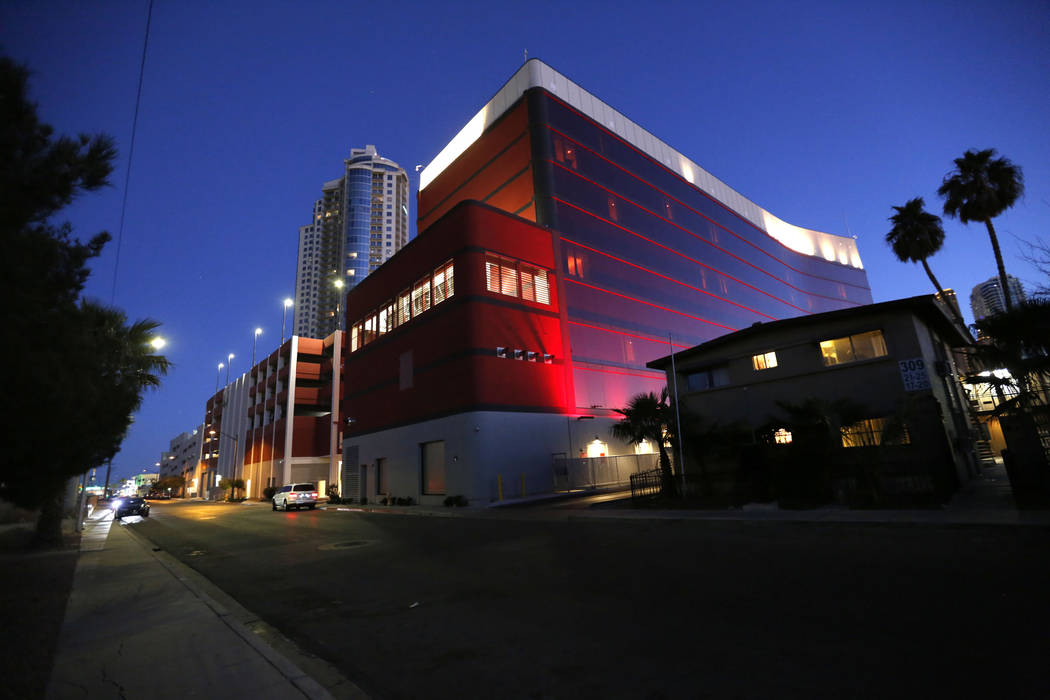
The investors believed their funds would result in green cards for themselves and their families under the federal government’s EB-5 program, but the casino closed down last year before it was seized through foreclosure by its principle creditor, Snow Covered Capital, and sold at auction last month.
Snow took all the proceeds of the $36 million sale, which was a fraction of the $160 million Lucky Dragon cost to build, and not enough to cover the $45 million still owed to the investment company.
The property was purchased by Las Vegas businessman Don Ahern, who plans to convert it into a non-gaming hotel.
Meanwhile, the EB-5 investors believe they are entitled to a refund.
What is EB-5?
Under the program, foreign investors can apply for a conditional green card which can become lawful, permanent residency after two years if they demonstrate that their investment has created at least ten full-time jobs.
Lucky Dragon opened in December 2016 with an initial workforce of 800, but closed down just over a year later, in January 2018.
The “boutique” casino was the first venture to be built in Las Vegas from the ground up since the recession and must go down as one of the shortest-lived in the history of Las Vegas.
The Asian-themed operation had hoped to capture the Asian locals and high-roller markets but was badly situated — tucked away on W. Sahara Ave.
Financially strained from the get-go, Lucky Dragon was unable to offer the kind of comps required to capture those markets. For the first and only year of its operation, it generated around 20 percent of targeted revenues.
Mysterious High-Roller Lawsuit
LVRJ reports that developers, who include ASF Realty & Investments founder Andrew Fonfa, are also being sued by a British Columbia-based casino investor and high-rolling gambler, Jason Chen, who paid a $400,000 deposit to lease the casino, a month before it went under.
Chen’s lawsuit, which names Fonfa, the project’s former CFO, and general manager, describes “coordinated efforts” to obtain money through “deceit and misrepresentation.”
Chen’s lawyer, Chaz Rainey, told LVRJ that his client was not told Lucky Dragon was a “failing business” at that time.
Developers are also facing a lawsuit from Snow Covered Capital, which is suing in an attempt to claw back what remains unpaid following the sale of the property.
Related News Articles
Wynn Boston Harbor Paying Top Dollar to Demolish Nearby Homes
Crown Resorts High Rollers Return One Year on from China Arrests
Most Popular
Genovese Capo Sentenced for Illegal Gambling on Long Island
NBA Referees Expose Sports Betting Abuse Following Steve Kerr Meltdown
UPDATE: Former Resorts World & MGM Grand Prez Loses Gaming License
VEGAS MYTHS RE-BUSTED: The Traveling Welcome to Las Vegas Sign
Most Commented
-
UPDATE: Whiskey Pete’s Casino Near Las Vegas Closes
— December 20, 2024 — 33 Comments -
Caesars Virginia in Danville Now Accepting Hotel Room Reservations
— November 27, 2024 — 9 Comments -
UPDATE: Former Resorts World & MGM Grand Prez Loses Gaming License
— December 19, 2024 — 8 Comments -
NBA Referees Expose Sports Betting Abuse Following Steve Kerr Meltdown
— December 13, 2024 — 7 Comments
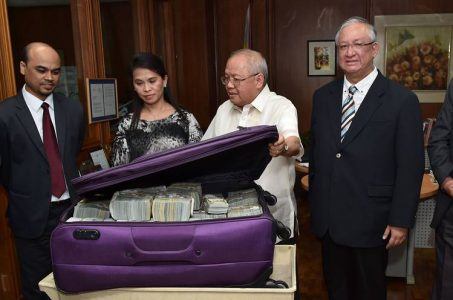
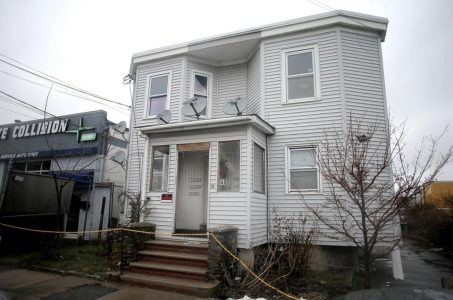

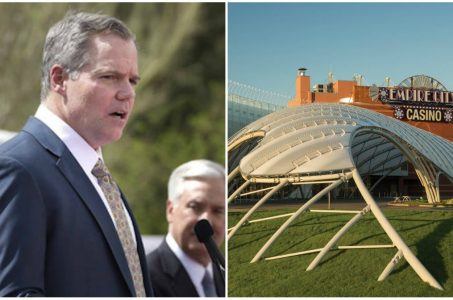











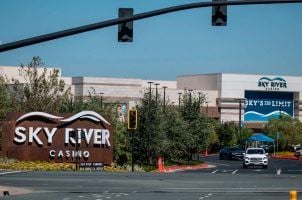
Last Comment ( 1 )
'Lucy Dragon' should be 'Lucky Dragon' in the third paragraph.